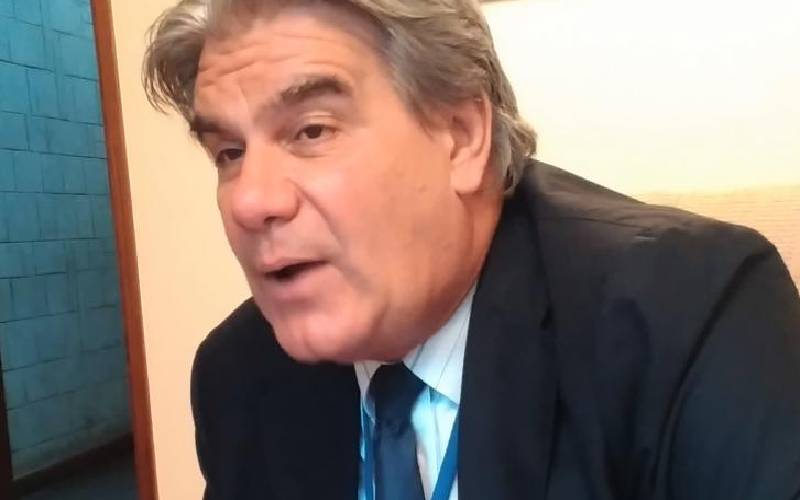×
The Standard e-Paper
Stay Informed, Even Offline

On February 15, 2021, Serbia celebrated the Statehood Day. The day denotes the beginning of the uprising that gave the modern Serbian state freedom from occupation by the Ottoman empire.
The uprising began with the so-called Serbian Revolution on February 15, 1804 and culminated in the recognition of independence of the Kingdom of Serbia at the Berlin congress in 1879. On the same day in 1835, Serbia enacted its first modern constitution, so liberal and democratic that it caused concern in European courts.